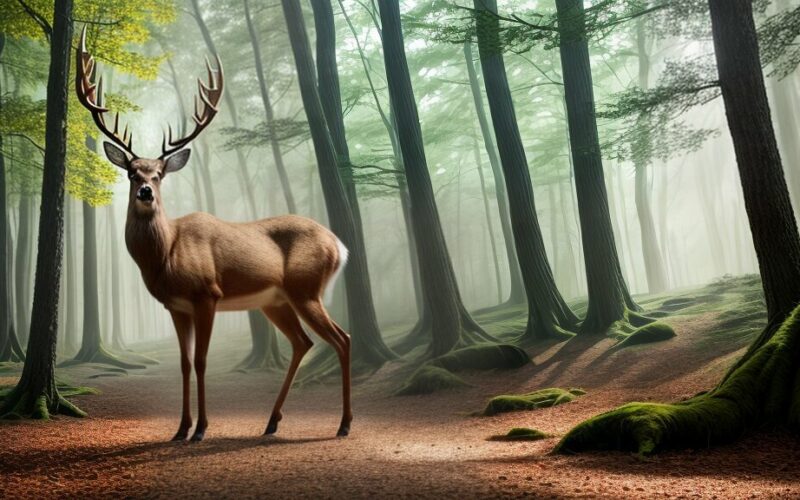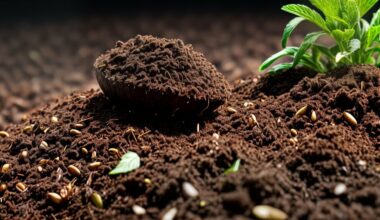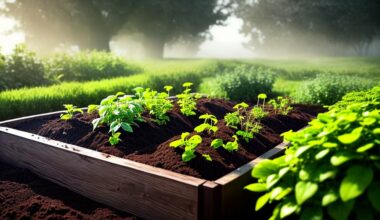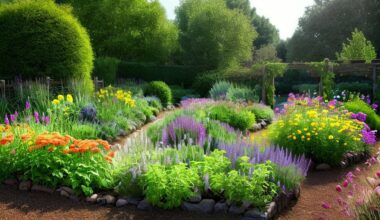Have you ever wondered what deer eat? Maybe you’re trying to attract deer to your backyard or hunting grounds but aren’t sure what foods they prefer. One common question among deer enthusiasts is whether or not deer eat corn on the cob. In this article, we’ll explore deer dietary preferences and feeding habits, the role of corn in their diet, and whether or not deer actually eat corn on the cob.
Key Takeaways
- Understanding deer feeding preferences and habits is important for attracting and managing deer populations.
- Deer typically eat grass, leaves, twigs, and berries in the wild.
- Corn is a common food source for deer, but it may not be their preferred option.
- Whether or not deer eat corn on the cob depends on availability, accessibility, and physical ability.
- Various factors, such as season and competition for resources, can influence deer feeding behavior.
Understanding Deer Food Preferences and Feeding Habits
If you want to know if deer eat corn on the cob, it’s important first to understand their feeding habits and food preferences. Deer are herbivores, meaning they only eat plants. Their diet varies depending on the season and availability of food in their habitat.
During the spring and summer, deer primarily eat grasses, leaves, and other soft vegetation. As the weather cools down, they shift to tougher food sources like twigs, branches, and bark. Berries and nuts are also a popular food for deer, particularly during the fall.
Deer are selective foragers and will seek out the most nutritious plants available to them. They also have a strong sense of smell and can detect food from a distance.
Because they are herbivores, deer have specific nutritional needs that they fulfill through their diet. They require a balanced mix of protein, carbohydrates, and fats to maintain their health and energy. If their diet is lacking in any of these essential nutrients, it can impact their growth and overall health.
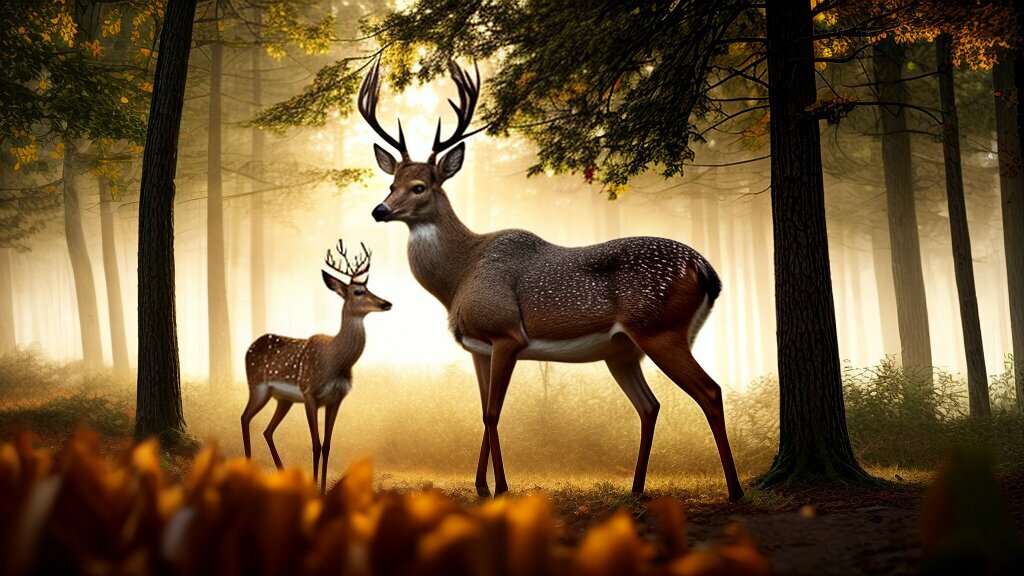
“Deer are selective foragers and will seek out the most nutritious plants available to them. They also have a strong sense of smell and can detect food from a distance.”
The Role of Corn in Deer Diet
As you may already know, deer are herbivores, meaning they mainly consume plant-based materials. While their diet can vary depending on their location and habitat, deer in the wild typically eat grass, leaves, twigs, and berries.
When it comes to corn, many people wonder if it is a natural part of a deer’s diet. The truth is, while deer may occasionally come across corn in the wild, it is not a preferred food source for them.
However, corn can still play a role in their diet, particularly in areas where agricultural crops are present. In these cases, deer may consume corn as a supplemental food source.
It’s important to note that while corn may offer some nutritional value to deer, it should not be the sole item in their diet. A balanced and varied diet is crucial for maintaining their health and wellbeing.
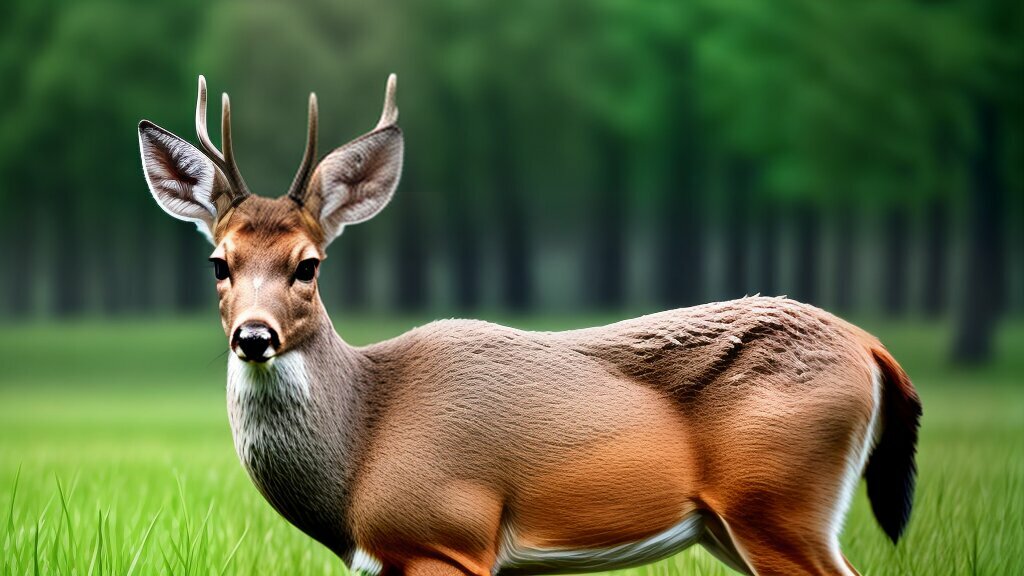
Additionally, there are some potential risks and concerns associated with feeding deer corn, particularly in the form of corn on the cob. If corn is not properly prepared or if corn on the cob is provided, there is a risk of choking or digestive issues for the deer.
Overall, while corn may not be a natural or preferred food source for deer, it can still serve as a supplemental food source in certain environments. However, it’s important to provide a balanced and varied diet for these animals and to take precautions to avoid any potential risks associated with feeding them corn.
Corn on the Cob as Deer Food
Now that you know more about the general diet and feeding habits of deer, let’s address the burning question: do deer eat corn on the cob?
The answer is yes, deer can consume corn on the cob. However, it is not a natural food source for them and may not be their preferred choice. Deer typically eat wild plants, shrubs, and fruits, but they may also feed on crops in agricultural areas, including corn.
When considering feeding corn on the cob to deer, it’s important to understand the potential risks and benefits. Corn is high in carbohydrates, which can provide necessary energy during the winter months when other food sources are scarce. However, an overly corn-based diet can lead to health issues such as digestive problems and obesity. Additionally, feeding corn on the cob can attract deer to your property, which may cause damage to gardens and other vegetation.
If you do choose to feed corn on the cob to deer, make sure it is part of a balanced diet and not the only food source. It’s also important to ensure the corn is clean and free from mold, which can be toxic to deer. Finally, be mindful of the potential impact on your property and neighboring areas.
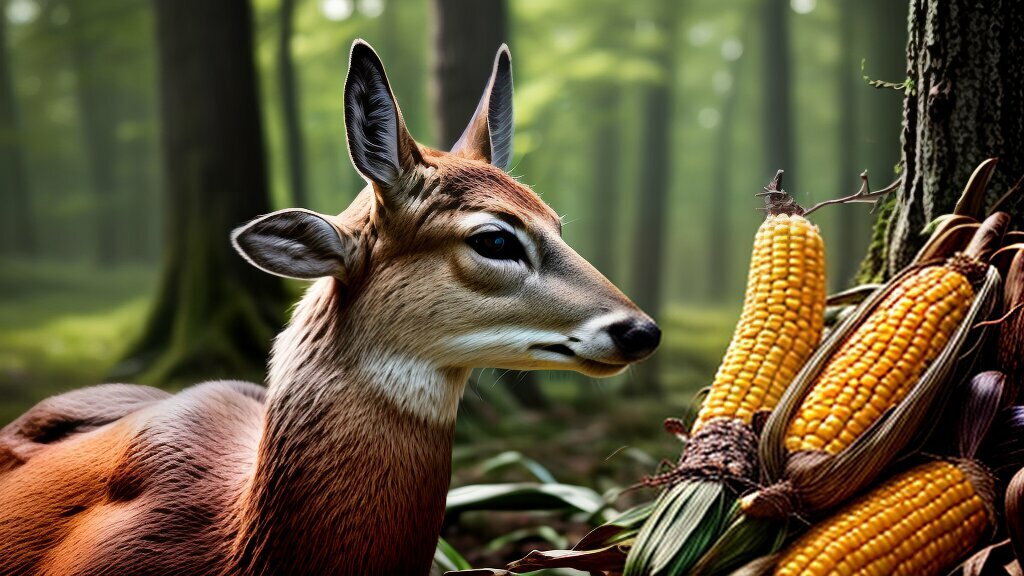
Factors Influencing Deer Feeding Behavior
When it comes to what deer choose to eat, there are a variety of factors that can influence their feeding behavior and preferences. Understanding these factors can help us better manage and conserve deer populations.
One major factor is seasonality. In the winter, when food sources are scarce, deer may resort to eating less preferred foods, including corn on the cob. However, during the rest of the year when more food options are available, deer typically stick to their preferred diet of grasses, leaves, and other natural vegetation.
The habitat in which the deer live can also play a role in their feeding behavior. For example, in areas with high deer populations and limited food sources, competition may lead deer to consume less preferred foods, such as corn on the cob, if it is readily available.
Another important consideration is the overall nutritional needs of deer. While corn on the cob can provide some nutrients, it is not a complete or balanced diet for deer. Overreliance on corn can lead to malnutrition and health problems in deer populations.
Therefore, it is important to consider providing a diverse and well-balanced diet for deer that includes their preferred natural foods, rather than relying solely on corn on the cob or other less nutritious options.
Image description: A deer standing in a forest.
Conclusion
Corn on the cob may seem like a tempting treat to offer to deer, but it is important to understand their dietary preferences and feeding habits before doing so. While deer can physically consume corn on the cob, it is not a natural or preferred food source for them in the wild. Additionally, corn on the cob lacks some of the vital nutrients that deer need to maintain a balanced diet.
Factors such as season, habitat, and competition for resources can also play a role in deer feeding behavior and preferences. Therefore, it is essential to consider these factors when providing food sources for deer, including whether or not to include corn on the cob in their diet.
Understanding deer dietary preferences and feeding habits is crucial for effective conservation and management of these animals. If you want to help sustain the health and well-being of deer, it is best to provide them with a natural and varied diet that meets their nutritional needs. This may include options such as grass, leaves, twigs, and berries.

